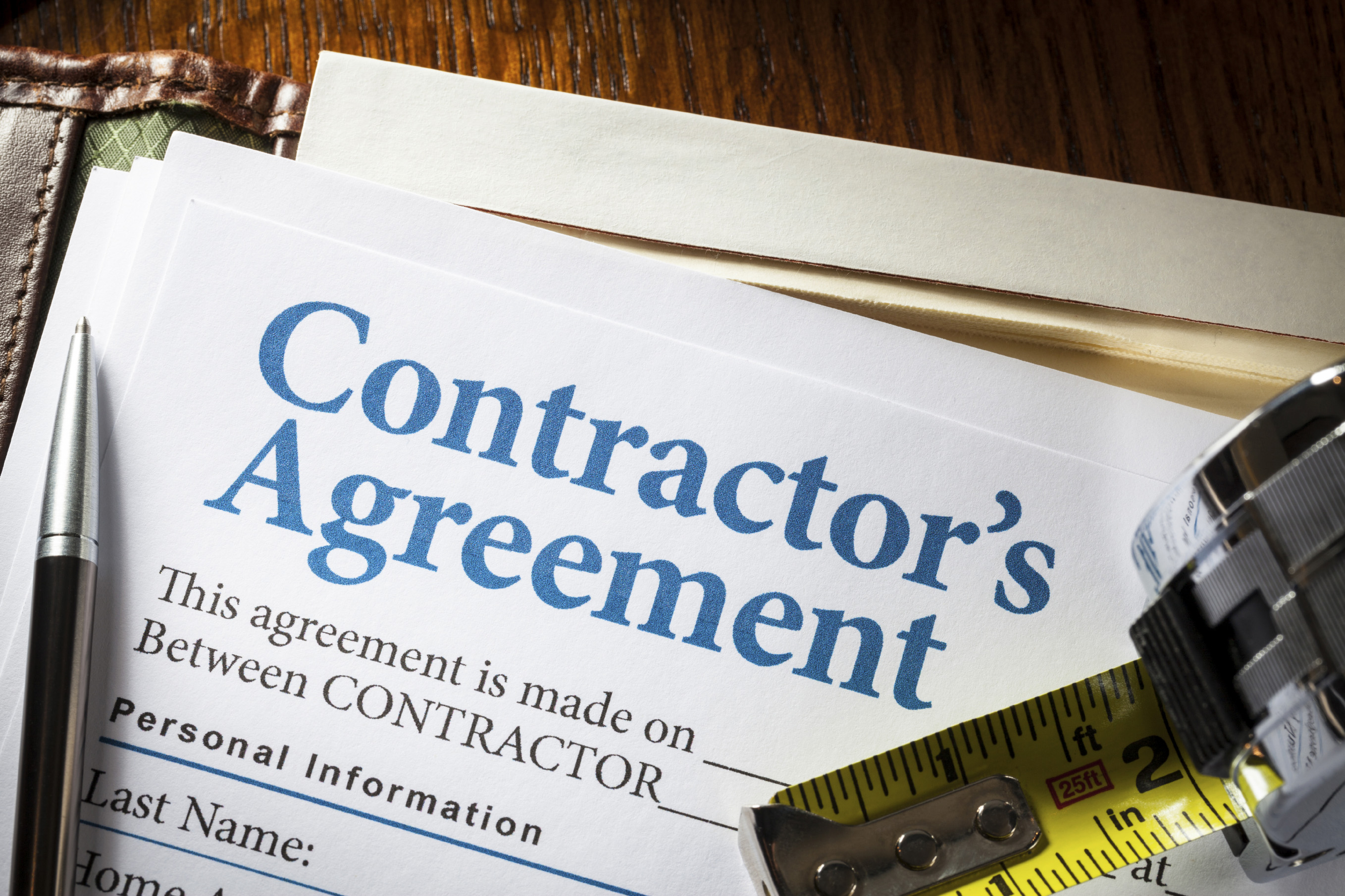
Whether you’re doing a renovation, building or having a new home built, the construction process is a complicated one for builder, construction manager and home owner. There is no Agreement of Purchase and Sale or standard contract which is universally adopted. Some construction companies have their own contracts while some get their contracts from their local Home Builder’s Associations. When you are doing a residential home build or renovation, it is essential to get everything in writing so that you can honor the terms of your warranty and sale without compromising business relationships or profit margins.
Make a List; Check it Twice
A contract should be exhaustive in outlining exactly what is included in the build. It will clearly state what is in, on and around the home, what is included and what‘s not, as well as deadlines and responsibilities. Outline which responsibilities will be assumed by the various contractors so that, should problems arise, you know exactly who will be responsible for the callbacks. All sub-contractors must also sign contracts to this effect and provide proof of insurance that will cover costs should any issues arise. Insurance is the best way to manage risk.
Contracts should be overseen by a lawyer to ensure that all parties are clear on terms and that the details are all included. A vague contract could spell disaster for the unwary homeowner, builder or contractor who suddenly finds himself liable for work he has not included in his quote.
Keeping Tabs
Things change and, as the build progresses, there will be minor adjustments to materials and design. Each change must be documented and signed by all concerned so that there are no disputes about what was agreed to verbally. Misunderstandings happen and things get overlooked but when it’s in writing there is a record to refer to.
Of course these changes take time and can cause delays, but they provide a roadmap for the workers and protect all parties from any misunderstandings. It may, in most cases, take far less time and money to put changes and verbal agreements into writing than it will to settle disputes after the build is complete, or implement expensive callbacks.
Prevention is better than cure and while getting a comprehensive contract in place takes time and money, it is the best way to manage risk. Speak with your lawyer and your Home Builder’s Association for help with contracts.
